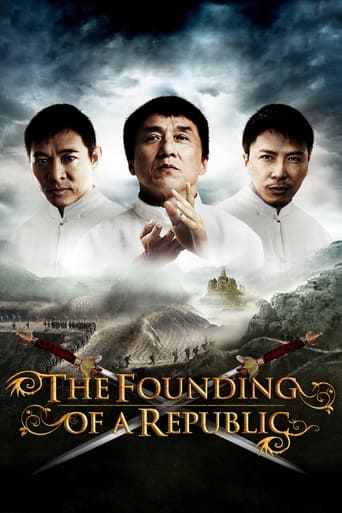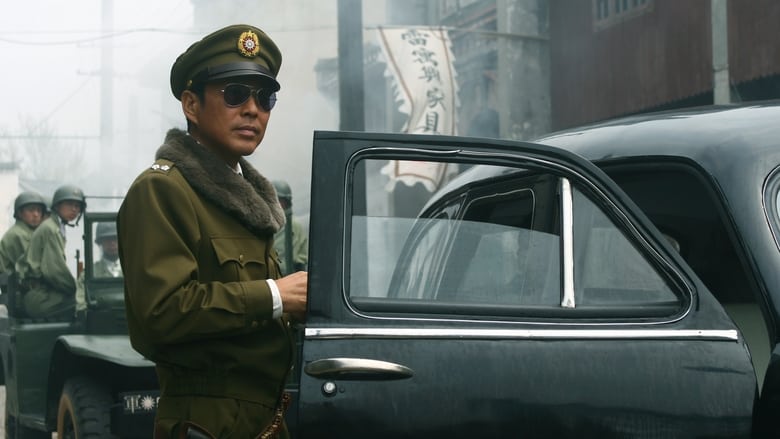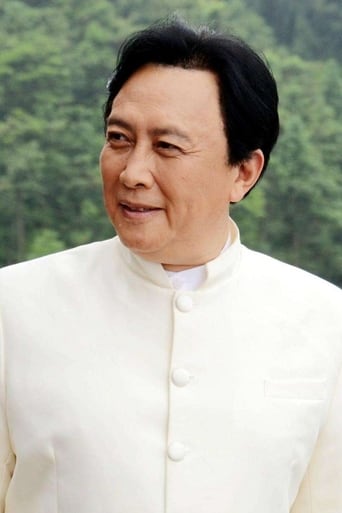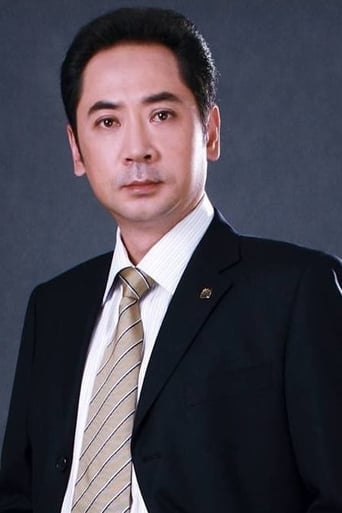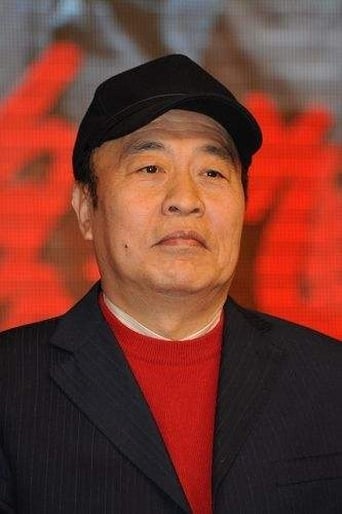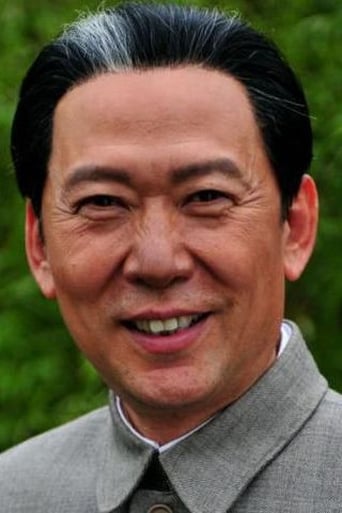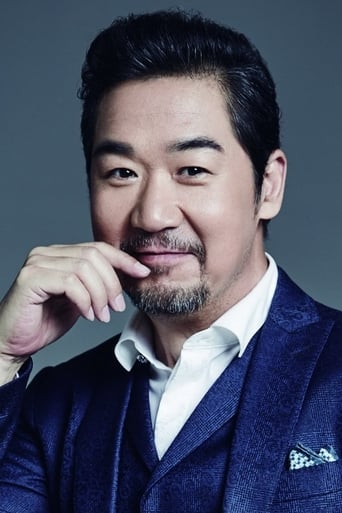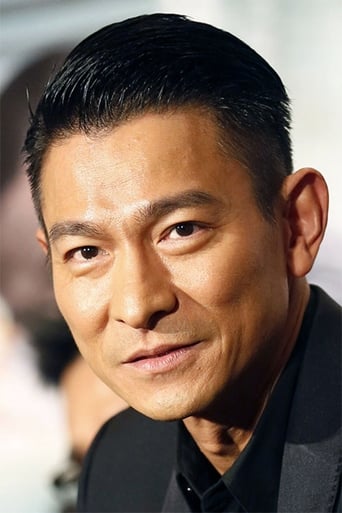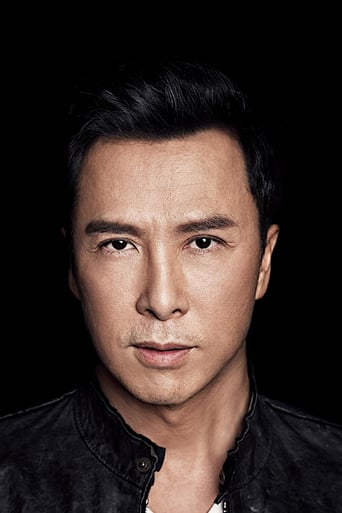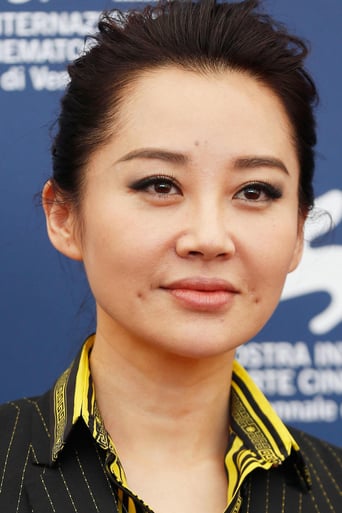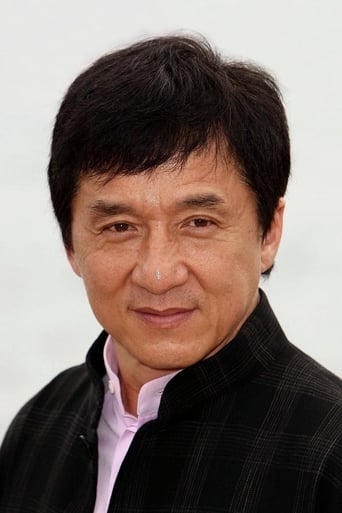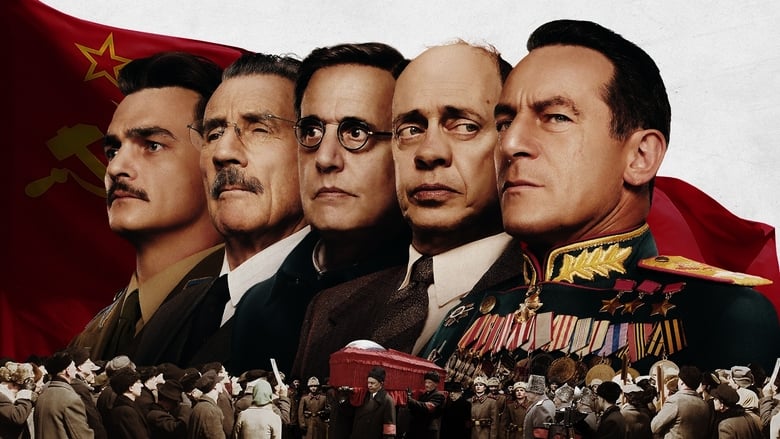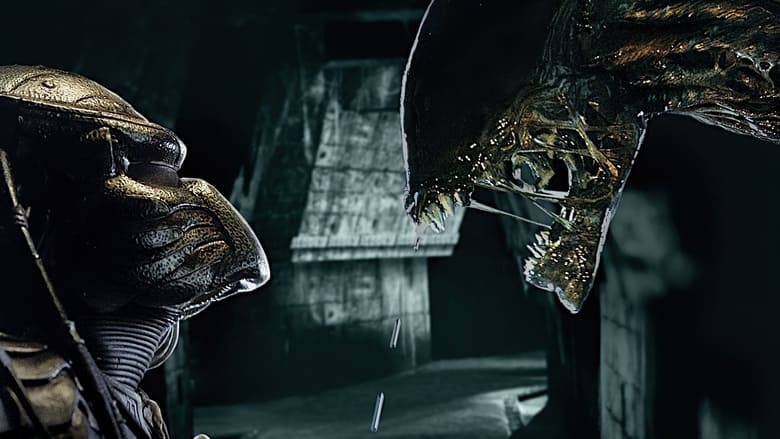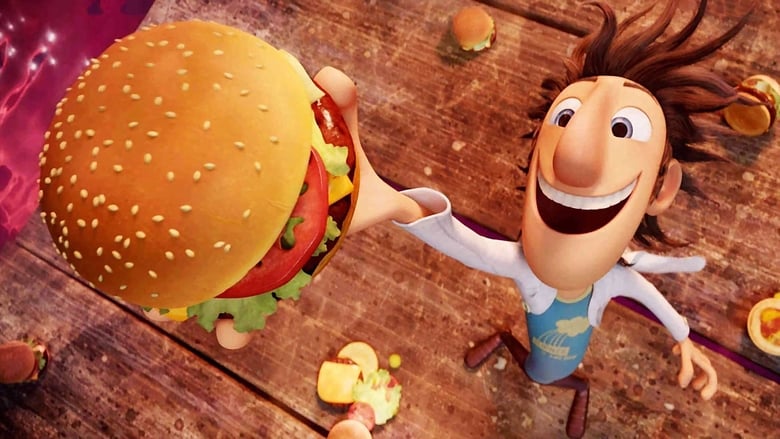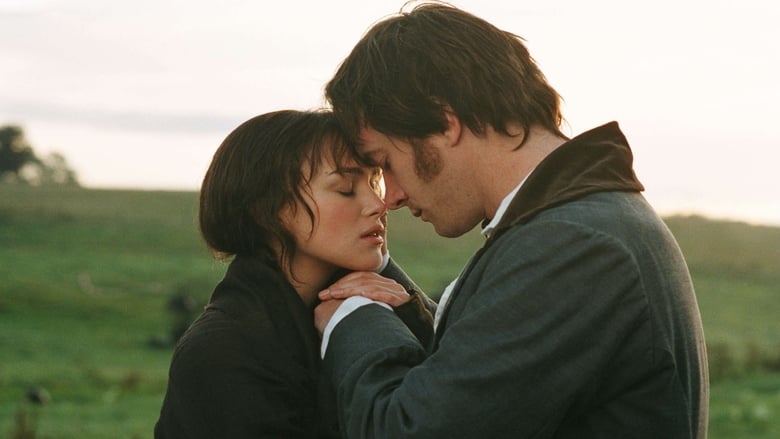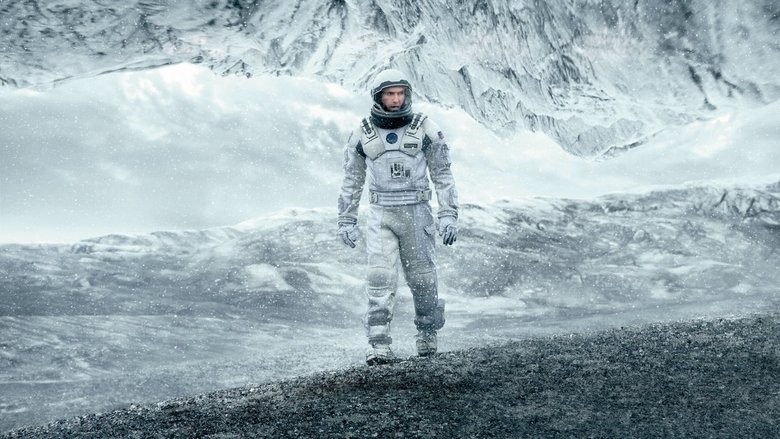The tale of one man who fought against the tyranny of a ruler and led his people in battle in the ultimate sacrifice for his country.


Reviews
It is rare for a movie to deserve one star. This would receive negative ten if such were possible.This isn't just a bad movie. This was made by the state owned China Film Group to mark the 60th anniversary of their happy fascist regime. This "docu-drama" is a shameless, disgusting attempt to ram a skewed history, in which Mao is seen as a paragon of kindness, down a viewer's throat. To call this a documentary is an offense to all historians. This is history with a political agenda (not a rare thing for fascists). As a movie, it deserves one star. But again, this is not a movie. It is a shameless bid by an evil government to deify the monster who created it. IMDb should offer "black hole ratings" or something to illustrate the amount of genuine evil a film/documentary attempts to inflict on humanity. With such a rating system, this horrid spectacle would get ten out of ten.You may be tempted to purchase this due to the martial arts stars on the cover. That's why it was purchased, as a gift, for me. Many famous Chinese actors make cameo appearances. Nothing more. Jackie Chan plays a journalist (although all he does is hand Chiang Kai-Shek a newspaper, so he could just as well be a salesman) and has a total of 2.5 seconds of screen time. I wasn't able to spot Jet Li. It isn't hard to imagine these stars being in the film just for the money, but given the content I was left to wonder if there was something more ominous at work. Again, I implore you, do not be fooled by their faces on the DVD cover into thinking that this is an actual movie.Should you watch this out of morbid curiosity, look at the way they construct the drama. Notice the music--ominous in the background whenever the KMT is portrayed, jolly and twinkly whenever Mao shows his haircut. Mao smiles, lives (the idea that he is hiding is well hidden in the direction) in mud huts with villagers whom he always treats as equals. He is kind and a paragon of benevolence. Chiang is not portrayed as an evil man. The modern Chinese audience is too sophisticated for that. But he never takes off his military uniform. He is constantly cosseted during his time on screen.Propaganda is in symbolism as much as content. This film is saturated with the former and heavily skews the historical accuracy of the latter. This is shameless propaganda. The more you know about politics, advertising, writing, directing, or the construction of any art, the more horrified you will be. The more you know about history, the more disgusted.
Currently, every film that is to be made in China has to be approved by the government first. Since this film is about the founding of the PRC, I expected that this film will be full of communist propaganda rhetoric materials. I was surprised that it has very few. It actually has some scenes which can be inferred to the current situation of Chinese communist party. Sundry celebrities appeared in the film, it is almost like watching the CCTV's yearly Chinese new year show.It seemed that it showed the history correctly without trying to make the Kuomintang people acting like idiots or clowns. Even though many historical people appeared in the film, this film is not hard to follow. I was captivated by it for the entire two hours.
This is not a movie as such; but more of a propaganda film from some Chinese government brainwashing program. The films producer, the China Film Group (CFG) is actually a state owned media branch of the Chinese Communist Party (CCP), and are the sole importer/exporter of film in China. 'The Founding of a Republic' has to be the most classic example of communist propaganda to be produced by the CCP. Completely geared at glorifying the communist regime now in control of China, historical fact takes a back seat in this zombifying dissemination which is comparable to such films found in 1930s Germany. In the film the antagonists are the party who governed China during World War 2, the Kuomintang (KMT), while the protagonists are -yup you guessed it- the CCP; and not mention history's biggest mass murderin' glorious leader -Chairman Mao Zedong. And while the KMT ruled brutally, no one was prepared for the bloody reign of terror of Chairman Mao who left a body count greater than that of Hitler's and Stalin's combined. The regime has obviously spared no cost at producing a high quality production, but it can't hide the fact this film is cheesy and over dramatic as it attempts to incite ultra-nationalist sentiment in Chinese viewers. This film glorifies the dictator, it glorifies the regime, it glorifies the party. This government mouthpiece of a movie points the fingers at everyone else's wrongdoings, and condemns them for it, yet refuses to accept responsibility for or even acknowledge the crimes the communist party have committed, and indeed, are still committing. Whenever a film about a political party is made it can't amount to anything but propaganda and you just can't take it seriously. And less so when the direction and dialog is corny and the 'facts' are inaccurate and over-dramatized, and as the 2008 Olympics have taught us the regime in 'The Peoples Republic' are not shy to boast of their glory yet completely ignore their own heinous crimes.
The biggest problem with Founding of a Republic is that it is quite dull. An historic, or quasi-historic, film about the origins of the current government in China, the movie tends to be surprisingly free of anything of cinematic interest. The action is sparse, the dialogue is neither amusing nor animated, and all the major events are well-known to history students. The cameo appearances by several major Chinese stars, such as Jackie Chan, Jet Lee and Zhang Ziyi, are so short as to be hardly worth mentioning. We already know the outcome, and there is little in the film to hold the viewer's interest, aside from some of its subtle if unexpected features, such as its surprisingly enlightened attitude toward Chiang Kai-shek.In much of the propaganda that pervades previous characterizations of Chiang and his Nationalist forces, the Chinese Communists have tended to portray the Chinese civil war as one of black v white, good v evil, with victorious communist forces "liberating" the people from an evil regime. These words still appear today when it is advantageous to Chinese communists' interest. But in this film Chiang seems reflective, fair-minded and concerned over excesses in his own regime--a rather positive image.Mao is treated to several revisions, appearing jovial, tolerant, and even permissive of some forms of capitalism, the latter something Mao never actually was in his revolutionary days. Indeed, there is little revolutionary fervor in Mao's dialogue in this film, a fervor which in real life permeated Mao's thinking. This seems deliberate, as these ideas would accord little with the current regime in Beijing. In one scene where Mao is shown in an avuncular, loving role with children, even though in real life Mao abandoned his children to pursue his broad revolutionary ambitions.While KMT excesses are detailed, including several assassinations, there is absolutely no mention of CCP atrocities committed during the Chinese civil war. And, while KMT violations of the interim treaty between the two sides are highlighted, there is no mention of CCP violations of the same pre-civil war accords.While most of the film is richly detailed in costumes and settings, the special effects are not very realistic, with several airplane scenes being utterly unconvincing as they are obvious CGI. The film is a product of Chinese film makers, but political interests in Beijing factored heavily in its production. I doubt that the movie will generate much interest outside of China.
